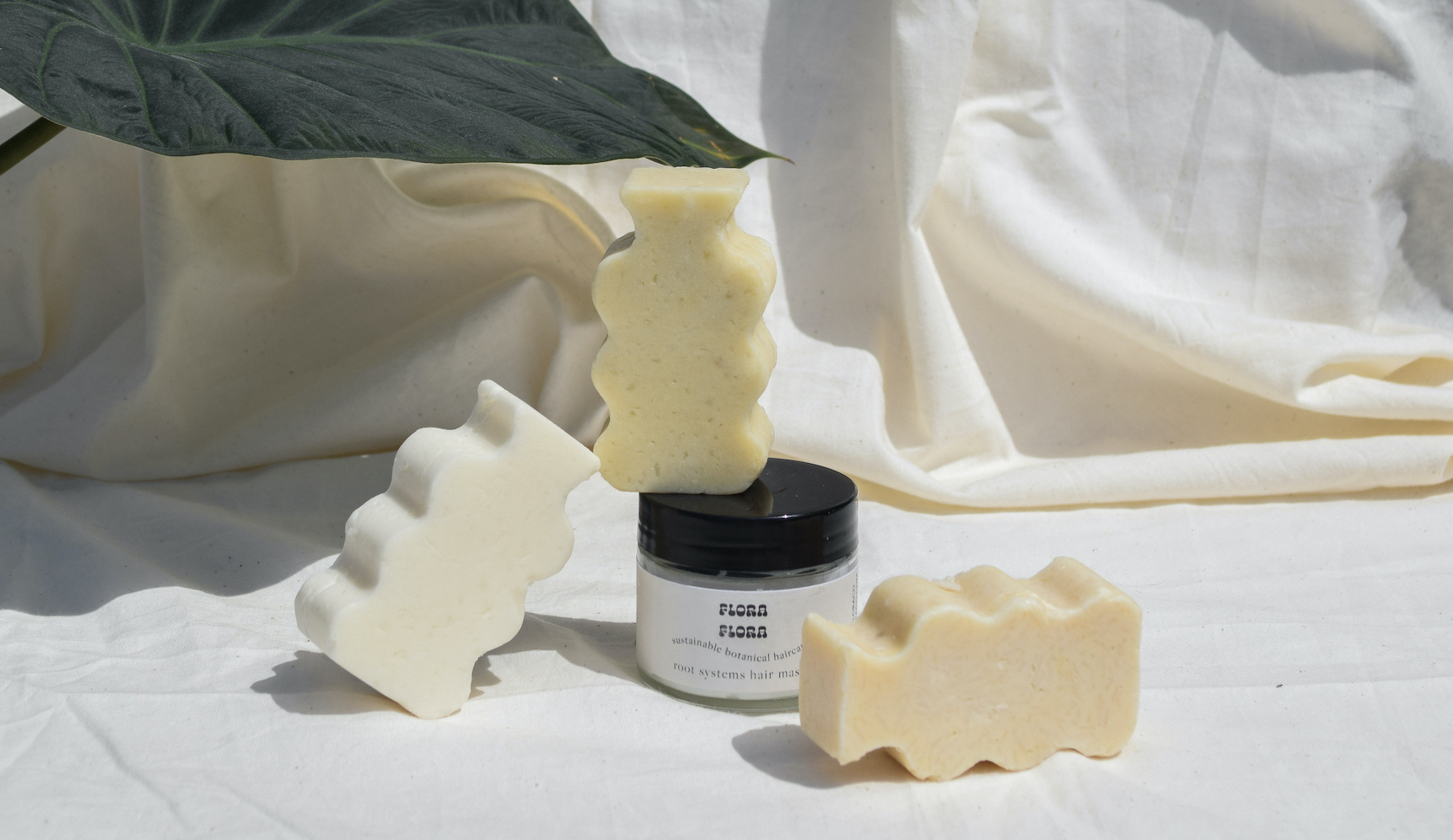
Rejecting A Retailer For Sustainability Reasons Was A Big Win For Haircare Brand Flora Flora
Saying no to a retail chain produced big results for Flora Flora.
Just after the plastic-free haircare brand’s first year in business, founder Sarah Cloes was approached by a national retailer with hundreds of doors. She turned down the offer when she realized the retailer, which she declined to specify, wasn’t as earth-minded as it promised.
The chain insisted she not only ship Flora Flora’s products in plastic bubble wrap, but put the products in plastic bags, too, even though she suggested eco-conscious alternatives. Frustrated, she posted about her plight on Flora Flora’s TikTok account on the Friday before Labor Day weekend coinciding with a sale that wasn’t meeting the brand’s expectations.
By 6 a.m. on Saturday morning, Flora Flora had received 275,000 likes and 50 orders versus about 10 typical for that timeframe. Its story was reposted by retail publication Retail Boss as an example of a brand sticking with its principles.
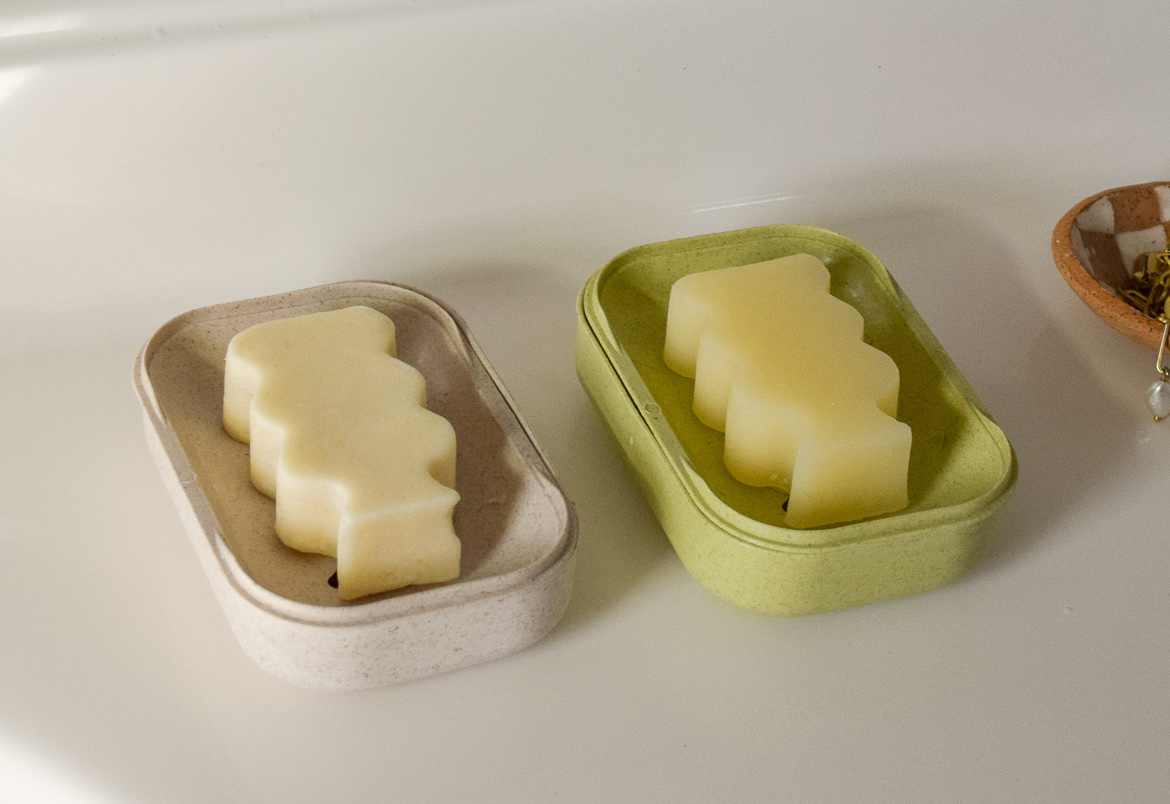
Demand mushroomed over the next few days, wiping out Flora Flora’s inventory and leading to a waitlist exceeding 300 people. The brand finally got restocked by the end of September, but quickly sold out of select items.
“I thought I was making a horrible business decision, but customers proved me wrong. I had enough orders to outweigh what I would have made,” says Cloes. “I was prepared to lose money, but it came back tenfold, and it gave me so much hope because people do appreciate standing by your values.”
“I thought I was making a horrible business decision, but customers proved me wrong.”
The move to reject a retailer that doesn’t match Flora Flora’s ethos is especially gutsy as direct-to-consumer brands look to physical stores due to lofty customer acquisition costs. Although Cloes is mum on the retailer in question, comments on Flora Flora’s TikTok video speculate Urban Outfitters is the probable offender. Other brands with similar experiences concurred.
Like many indie beauty brands, the genesis of Flora Flora stems from Cloes’ disappointment with what was available on the market, especially for her sensitive skin. Dovetailing with that, while attending college at University of Hawaii at Manoa, she saw the damage plastic inflicts on the ecosystem. She started concocting formulas in her dorm room.
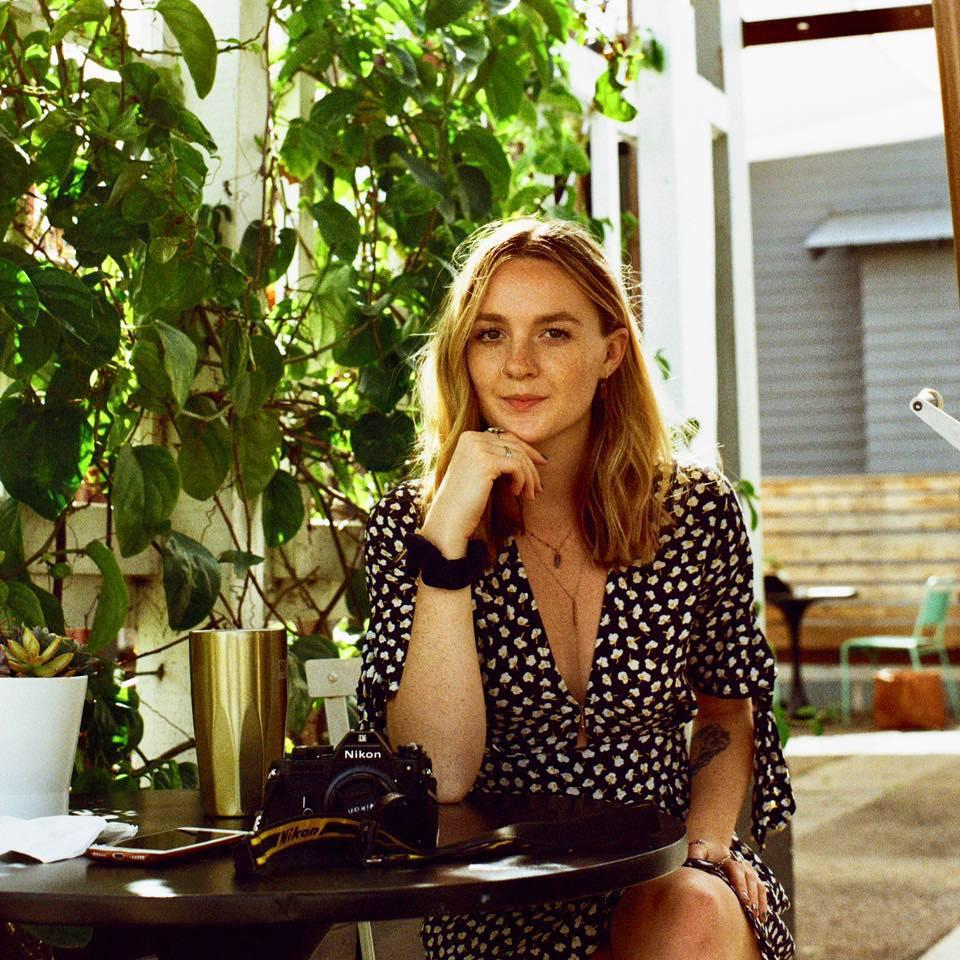
Cloes, now 25, relocated to San Diego, but didn’t stop experimenting with products as a side gig. Once a job she had was eliminated, she gave entrepreneurialism a go and began selling her shampoo bars in farmer’s markets.
Flora Flora’s current product portfolio includes shampoo and conditioner bars, hair masks, hair tools and accessories. Prices range from $15 for a combo to $55 for an essentials bundle. The bestseller is a sample set with two shampoo bars and a conditioner bar retailing for $25. It’s sold out at the moment. A purple shampoo bar and perhaps body bars are down the road.
“The pandemic actually helped me because people were home exploring products and supporting local businesses.”
Cloes got the idea for the name Flora Flora after seeing the words printed somewhere and asking her boyfriend if he would be open to it as the name for a child. He wasn’t interested in it for offspring, but it became her brand name. “I just love how it looks in the font and on the packaging,” she says.
Self-financed Flora Flora was officially launched on Earth Day of 2021. It’s run by a lean team. Cloes says, “The products resonated with people. I was ready to accept slow growth because I didn’t want to get loans or take investors.”
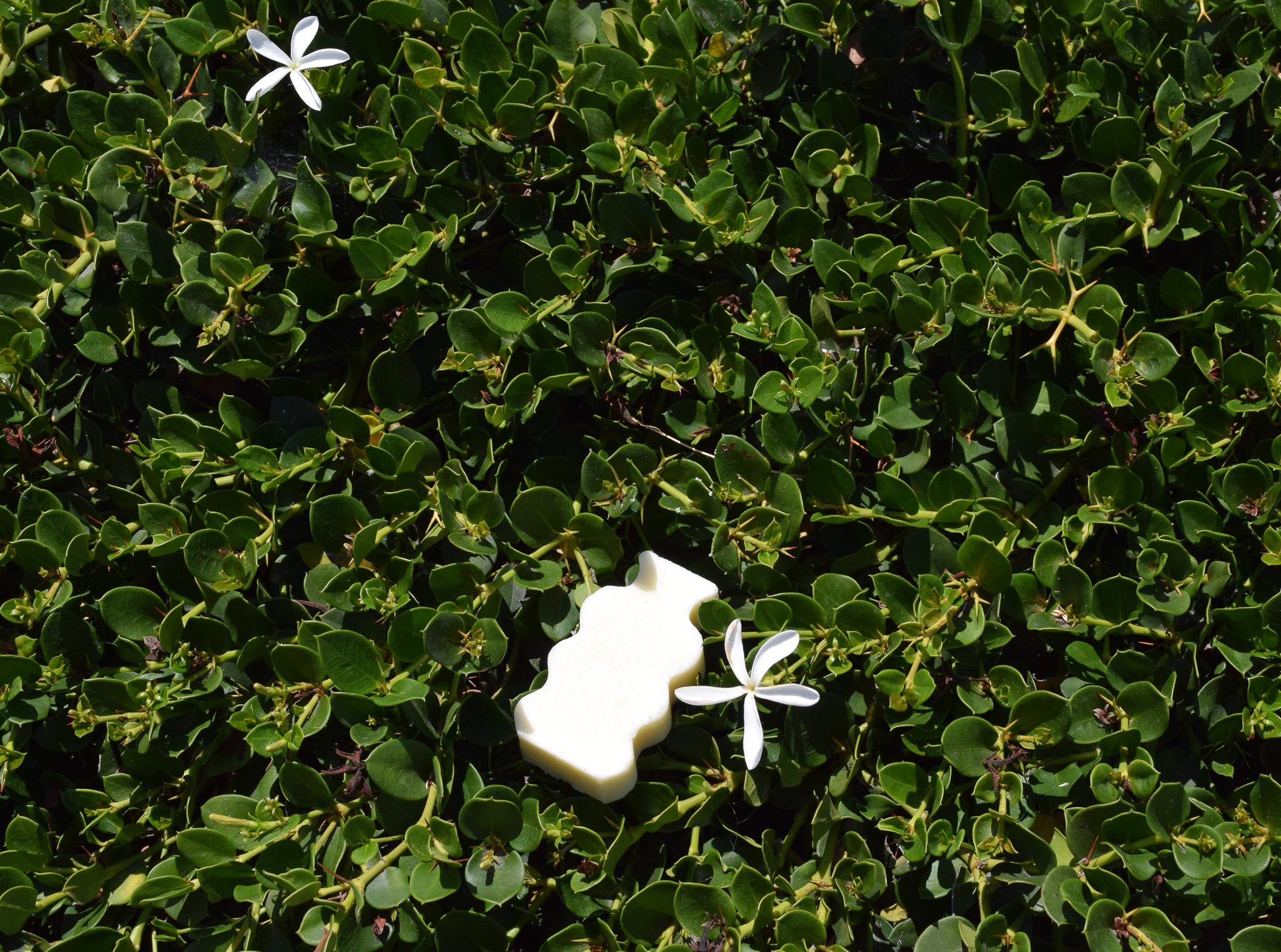
She didn’t intend to build Flora Flora via social media, but people discovered its TikTok content and tripled its goal of five orders after its initial post last year. Today, it has drawn 591,400 likes and 38,200 followers on the platform.
“When I made a TikTok, the response is immediate, and I’m not spending the money it would take for advertising,” says Cloes. “The pandemic actually helped me because people were home exploring products and supporting local businesses.”
With Flora Flora’s TikTok posts, Cloes strives to take viewers behind the scenes to view the products being made. She manufactures products by hand at a production facility that doubles as a showroom.
DTC distribution accounts for 70% of Flora Flora’s business, but it has a thriving cadre of boutiques that carries it. Credo and Whole Foods are Cloes’s dream retail partners. She’s currently updating her packaging to render Flora Flora’s products more retail friendly—without plastic, of course. Hotels are another possible growth avenue, she says, as part of Flora Flora’s mission to “make bars the norm.”
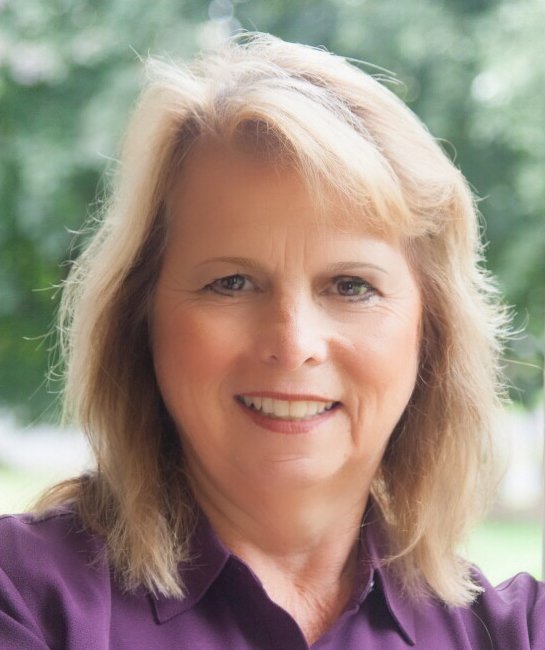




Leave a Reply
You must be logged in to post a comment.